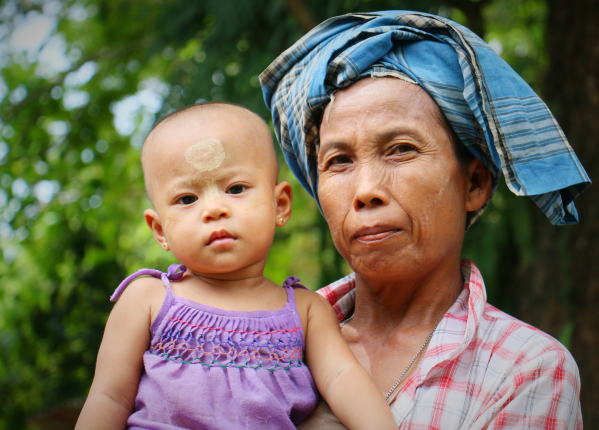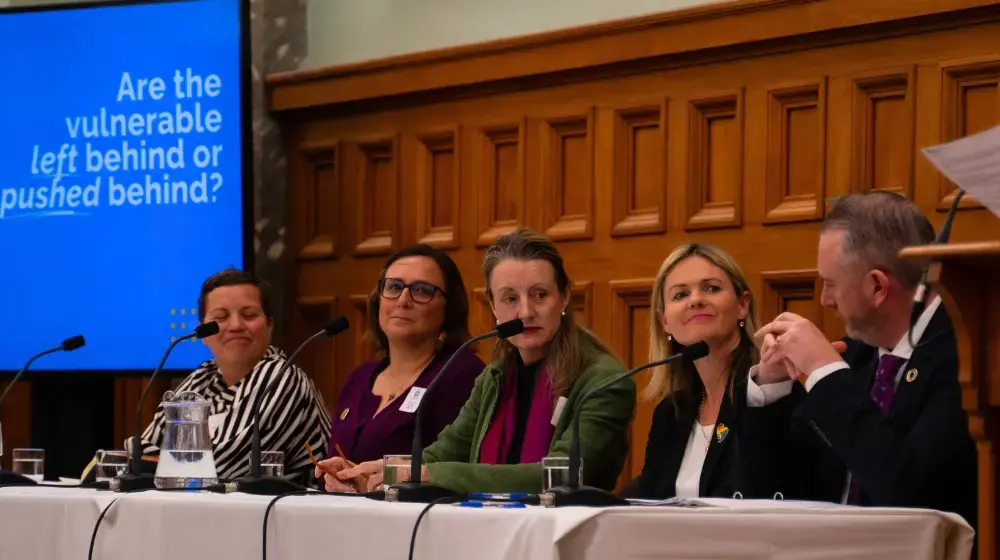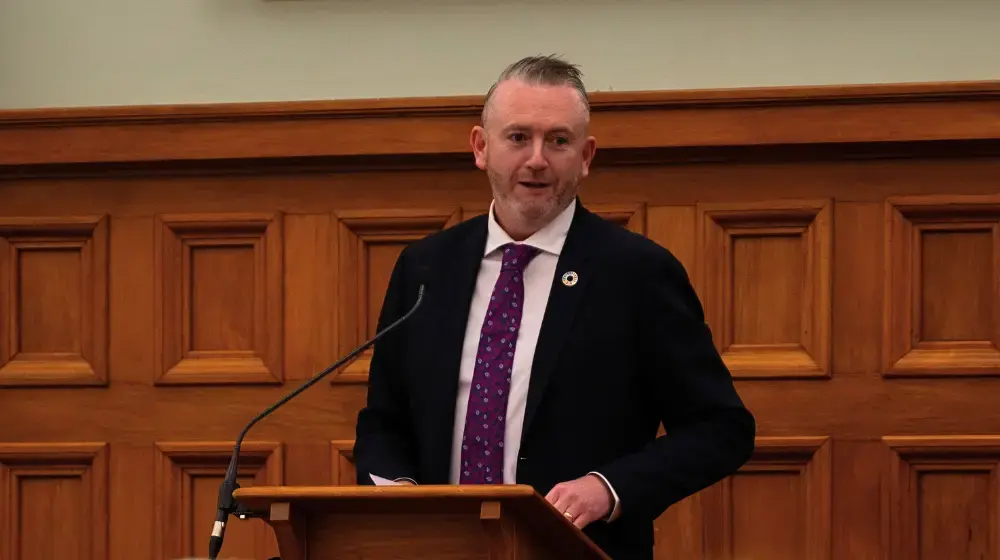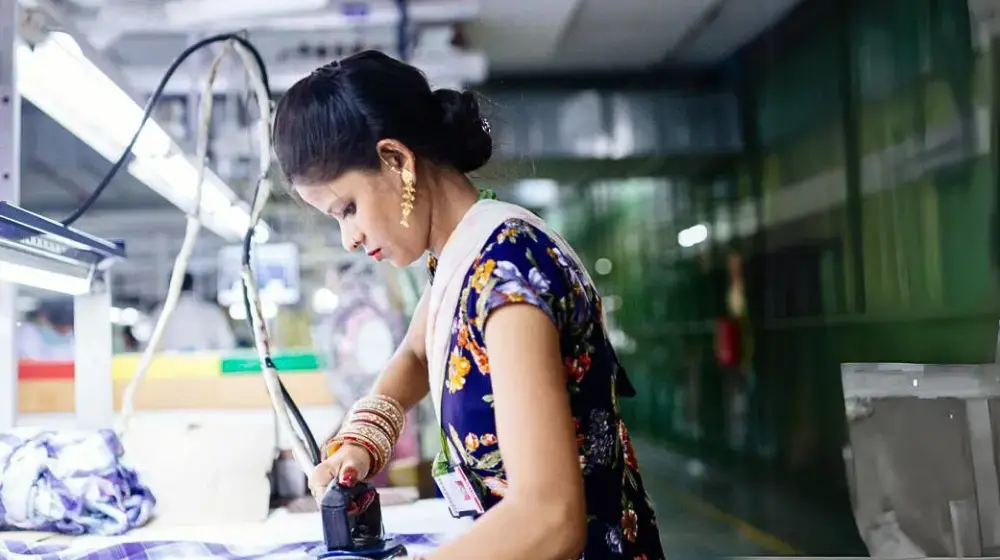Myanmar – Poverty, conflict and a lack of job opportunities is feeding a downward spiral of drug abuse, despondency and violence against women in the north-eastern state of Shan.
Shan is part of the remote, opium producing ‘golden triangle’ that straddles Myanmar, Thailand and Laos. The 6 million strong, conflict-affected region produces over 90 per cent of Myanmar’s opium.
“Drugs are cheap and there is simply nothing else to do," explains Tin Muang, a local man whose name is changed to protect him.
“As most of the land belongs to rich business people, it makes it almost impossible to create new businesses," he says.

While no official statistics exist on drug use in Shan, youth volunteers estimate that around 20 per cent of youth in the region use drugs, and some report that children are sent to work in neighbouring Thailand to pay for their parents’ drug habits.
Nang Kham, whose name is changed to protect her, works as a youth volunteer in Shan. After training from the United Nations Population Fund – UNFPA, she now educates her peers on sexual and reproductive health, rights and gender-based violence.
She says that it’s drugs that fuel violence against women.
"If a husband doesn’t get money for drugs from his wife, he simply beats her up."
As part of a broader focus on gender-based violence across Myanmar, UNFPA teamed up with the country’s Anti-Narcotics Association to hold the first ever training for police officers on gender based violence, reproductive health and HIV.
“The training session in Mandalay helped 1100 officers better understand the causes of violence, why and how they should get involved to prevent it, and to better help help those affected,” says Mi Mi Thin Aung, UNFPA’s programme coordinator on gender-based violence.
Initial findings from an in-depth review of UNFPA’s overall support to rural youth showed that efforts to bring down gender-based violence are filling an urgent gap in information and support, particularly for survivors of violence.
The report, produced by the UNFPA-supported Youth Information Corner Volunteer’s programme, with experts from the Ministry of Health and UNFPA, recommends a boost in support to information centres on reproductive health, rights and gender-based violence in state-run rural health centres.
Set for release in early 2016, it will also call for a special focus on vulnerable young girls and remote, high-risk areas.
"What is provided is simply not enough. It needs to be expanded. It would also be useful to provide more training to government staff, for example police officers, to handle gender-based violence cases,” says Nang Kham in Shan.
Gender-based violence is one of the key issues UNFPA works on in Myanmar, along with sexual and reproductive health, youth empowerment and support for wider UN efforts to bring about peace and reconciliation between the country's many ethnic groups.




